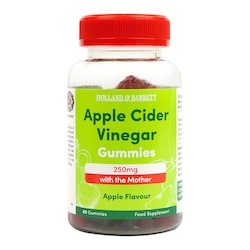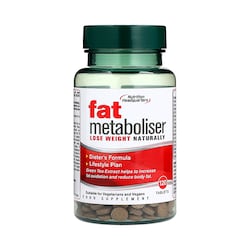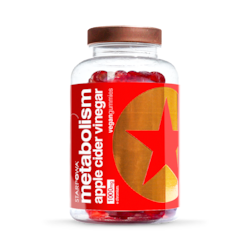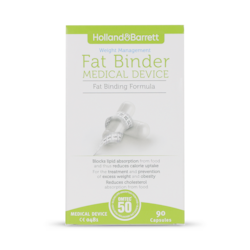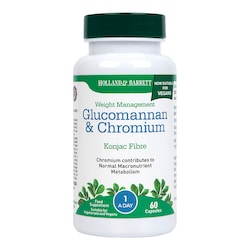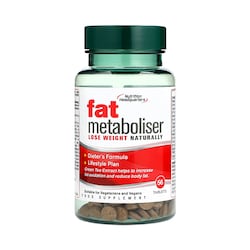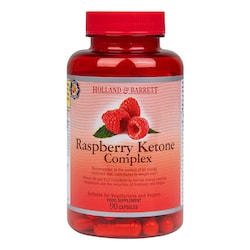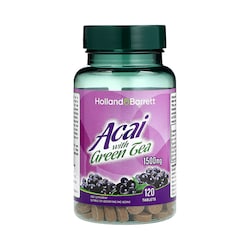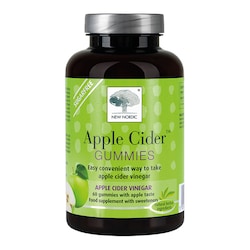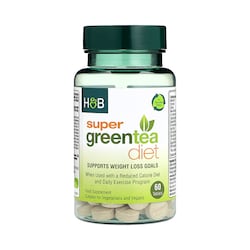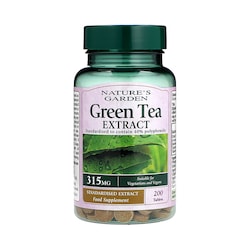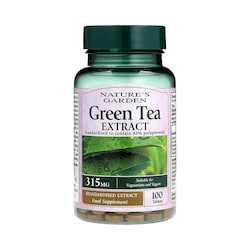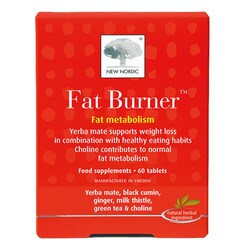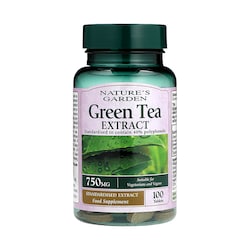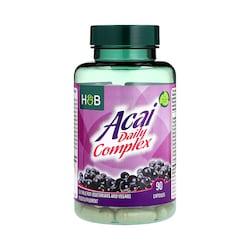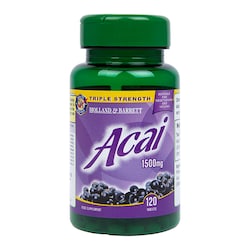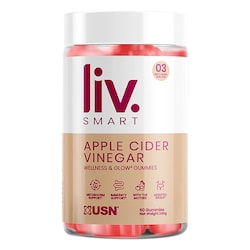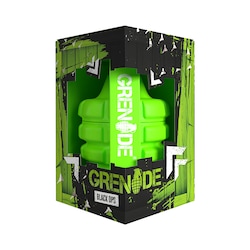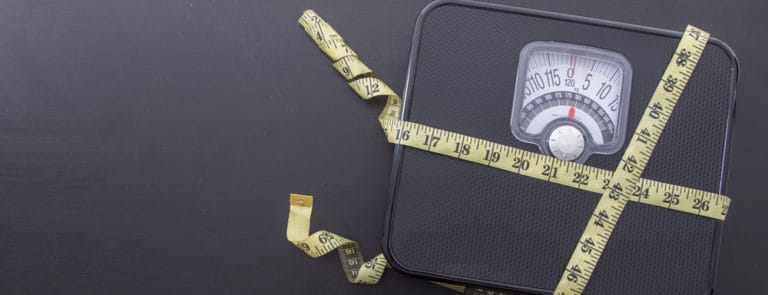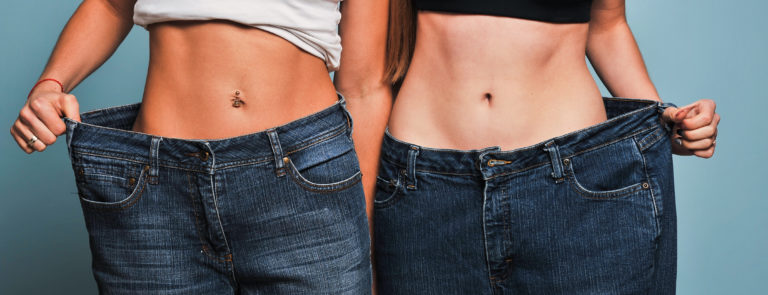15% off £30 OR 20% off £40
3 of the best fat binders 2021 – picked by an expert
.png)
Alongside exercise and eating a healthy and balanced diet, fat binders are another tool you can use to help you achieve your weight loss goals.
But what do they do exactly and are they the same thing as lipid binders?
Keep reading for a practical introduction to fat burners, which answers regularly-asked questions about fat binders, including ‘What do fat binders do?’, ‘What is a lipid binder?’ and ‘Are there any side effects to taking fat binders?.’
We also share our top 3 fat binder product picks, carefully selected by our team of nutritionists, as well as customer fat binder reviews.
What are fat binders?
They’re supplements or medical devices that aren’t the same thing as fat burners.
Whereas fat burners burn fat that’s been stored in the body, fat binders prevent the fat from being stored in the first place.1
More specifically, fat binders stop fat from forming within our digestive tract.
They act in a similar way to fibre, which helps us excrete waste from our digestive systems – in other words, helps keep our bowel movements regular!
What do fat binders do?
Fat binders are able to do what they do because they contain a certain ingredient, chitosan, which is a carbon molecule and form of sugar that can be found in some plants.
It works by attaching itself to fat in the stomach before it’s digested by our bodies. Chitosan dissolves in our stomach acid and turns into a gel-like substance.2
Now, for the science bit….Because it gives off a positive ionic charge, chitosan can stick to lipids and fats that are made from negative ions.
This bundle of lipids, fats and chitosan gel then travels to the intestines from the stomach.
It’s at this point that the chitosan changes the fat into a form that can’t be broken down by the enzymes in our digestive system.
Summary
- Fat binders are supplements or medical devices designed to help with weight loss
- They stop our bodies from absorbing and storing fat
- One ingredient in particular, chitosan, fuels the way in which they work
What is lipid binder?
Lipid binders are the same thing as fat binders, just with a different name.
Lipids, which we referred to up above, are a form of fat that’s present in our blood.
Cholesterol is an example of a blood fat that, alongside other lipids are carried along in our blood because they are attached to proteins, creating lipoproteins.3
When it comes to cholesterol, there are 2 main types of lipoproteins (lipids + proteins):
1. Low density lipoproteins (LDL)
This form of lipid/protein make-up is widely referred to as bad cholesterol because it contains a lot of cholesterol.
These lipoproteins are responsible for transporting cholesterol to our cells.
But if our LDL cholesterol blood levels are too high, these LDLs can clog up our arteries and lead to heart problems, such as heart attacks.
2. High density lipoproteins (HDL)
Is often called ‘good cholesterol’ because it helps prevent disease.
HDLs contain more protein and less cholesterol. They remove cholesterol from cells and transport it back to the liver, where it’s broken down and removed from the body.
Summary
- Lipid binders are fat binders
- Lipids are a form of fat that’s present in our blood and combine with protein to make lipoproteins
- There are two main types of lipoproteins – LDL (bad) and HDL (good)
Fat binder side effects
The effects of fat binders differ from person-to-person. They should always be used alongside eating a healthy and balanced diet.4
While no serious side effects have been linked to taking them, they can cause some minor side effects; mainly stomach ache and diarrhoea.
They are also known to impact the way certain medications work (e.g. blood thinners), so if you are planning on taking them, even if you aren’t taking any medication, speak to your GP or other medical professional to make sure it’s safe for you to do so.
Fat binders may also reduce the body’s ability to absorb essential vitamins and minerals so shouldn’t be taken on a long-term basis.
On this point, it’s also useful to know that certain fat binder tablets also contain added vitamins to help counterbalance this effect.
However, before you do anything, speak to your GP first about if they’re the best option for you and, if so, which fat binder tablets you should take.
Summary
- Not everybody sees the same results with fat binders
- They may cause minor side effects, such as stomach ache and diarrhoea
- They should be taken on a short-term basis
Fat binder reviews & top 5 product picks
We mentioned at the very start of this article that we were going to share the top 5 fat binder product picks from our nutrition team.
Here they are, alongside reviews from many of our customers who have tried these products and highly rated them!
These tablets contain OMTEC50, a fibre with a high lipid-binding capacity.
They help neutralise calories from high fat content foods.
These tablets only bind to fats, not carbohydrates or sugars. Do not take more than the stated dosage and take plenty of water with them.
Key benefits
- Blocks lipid absorption from food and reduces calorie intake
- For treatment and prevention of excess weight and obesity
- Reduces cholesterol absorption from food
Customer reviews
Aria22 – Good results! – 4/5 stars “I lost 6lbs in a week. I can't honestly say if it was the tablets themselves, but if you follow a good diet i.e. normal calorie intake then you should see the results.”
Thrups99 – Fat binders – 4/5 stars “They work for me. Two a day at teatime with a pint of water before my meal. Lost 10lb in a month. I am sticking to a diet that contains very little fat though.”
XLS’ Medical Fat Binder is clinically proven to help you lose up to 3 times more weight vs. dieting alone.
Take 1 sachet, 3 times a day after meals.
Make sure you stay well hydrated throughout the day. For effective weight loss results combine XLS-Medical with a balanced diet and regular physical activity for 12 weeks.
Key benefits
- Gentle on the system
- Binds up to 27% of dietary fat
XLS Medical fat binder reviews
Mm345 – Very effective – 5/5 stars “The powder makes you want to eat a lot less, sometimes I would just forget to eat even though I'm a big foodie.”
Sarah777777 – XLS Medical is great – 5/5 stars “They work for me, a few pounds off each week, slow but steady. The powder sachets work better for me, faster than the tablets. I can take it on the go with or without a drink. It tastes nice too.”
These tablets contain OMTEC50, a fibre with a high lipid-binding capacity.
They help neutralise calories from high fat content foods.
These tablets only bind to fats, not carbohydrates or sugars. Do not take more than the stated dosage and take plenty of water with them.
Key benefits
- Blocks lipid absorption from food and reduces calorie intake
- For treatment and prevention of excess weight and obesity
- Reduces cholesterol absorption from food
Customer reviews
Missvilla – Good kickstart – 5/5 stars “Lost 8 pounds and 1st in two weeks. Only on week 3, so can't be more specific, but so far, so good!”
F Baker – Amazing! – 5/5 stars “Really working. I’m losing weight each week with these capsules. I will be purchasing again soon.”
Takeaway
Fat binders are another way of helping you achieve your desired weight alongside eating a healthy, balanced diet and exercising regularly.
They work by preventing our bodies from absorbing and storing fat.
You shouldn’t rely on them solely for weight loss and you should always speak to you GP or other medical professional before taking them.
For more practical advice on losing weight, read this article, ’17 weight loss tips to lose it for life.’
Last updated: 18 November 2021
- https://www.myprotein.com/thezone/supplements/fat-binders-what-are-they-how-do-they-work/
- https://www.myprotein.com/thezone/supplements/fat-binders-what-are-they-how-do-they-work/
- https://www.heartuk.org.uk/cholesterol/what-is-cholesterol
- https://horizonclinics.org/how-do-fat-binders-work/


